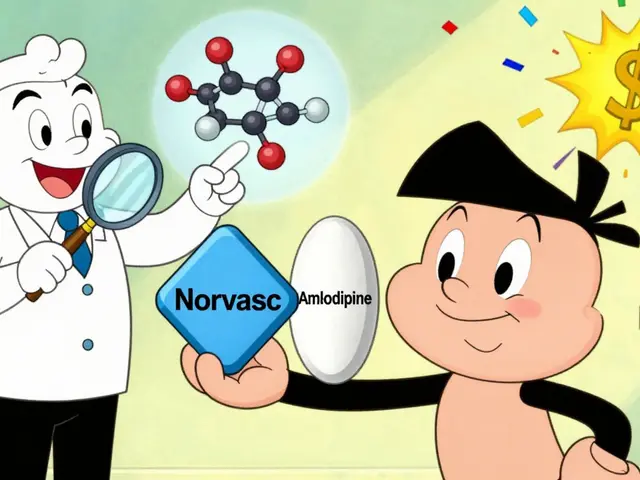Mebendazole — what it treats and how it works
Mebendazole is a common antiparasitic drug used to treat intestinal worms like pinworms, roundworms, hookworms, and whipworms. It kills worms by stopping them from absorbing sugars, so they lose energy and die. It works only in the gut for most infections, and that makes it effective for common household infestations.
This guide focuses on practical facts: who takes it, typical doses, side effects to watch for, and simple habits that stop reinfection. I’ll keep it direct and useful so you know what to ask your doctor or pharmacist.
Dosage and how to take it
Dosage depends on the type of worm and your age. For pinworm, adults and children older than 2 often take a single 100 mg dose, then repeat the dose after two weeks to kill any newly hatched worms. For other intestinal worms, courses can be longer — typically 3 days or more — and sometimes higher doses are used. Always follow the instructions on the prescription or the label.
Chewable tablets are available in some formulations for kids. Take mebendazole with food if it upsets your stomach, but follow the product directions. If someone in the household has an infection, doctors sometimes treat close contacts at the same time to cut the chance of passing worms back and forth.
Side effects, warnings, and practical safety tips
Most people tolerate mebendazole well. Common side effects are mild: stomach pain, diarrhea, or headache. Rare but serious effects include allergic reactions, liver problems, or blood-count changes when high doses are used for a long time. If you develop rash, jaundice (yellowing skin/eyes), persistent fever, or unusual bleeding, contact a healthcare provider.
Pregnancy is a special case: mebendazole is generally avoided in early pregnancy because of potential risk to the fetus. If you are pregnant or trying to become pregnant, talk to your clinician before taking it. Breastfeeding advice varies, so check with your provider.
Drug interactions exist but are uncommon for short treatments. Tell your provider about other medicines you take, especially drugs that affect the liver or common seizure medicines, since they can alter how mebendazole behaves in your body.
Preventing reinfection matters more than the pill alone. Wash hands thoroughly after using the toilet and before eating, keep fingernails short, wash bed linens and underwear in hot water, and vacuum carpets and furniture. Discourage scratching around the anus, especially in children — that spreads pinworm eggs to hands and surfaces.
See a doctor if symptoms don’t improve after treatment, if you have fever or severe belly pain, weight loss, or signs of complications. A stool test can confirm which worm is present and guide the right treatment. Quick tip: treating household members and improving hygiene together cuts the chance of having to treat the same person repeatedly.
If you’re unsure what dose or product to use, ask a pharmacist or clinician. Availability varies by country — sometimes mebendazole is prescription-only, sometimes sold over the counter — so local guidance matters. Keep kids’ doses and product forms in mind, and always follow medical advice for the safest, most effective cure.




